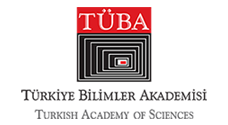Cash Waqf For An Ethical Business World

Cash Waqf For An Ethical Business World
Prior to the 15th century, when there was a shortage of money on the market, entrepreneurs, artisans, and other individuals faced a significant obstacle when it came to procuring resources for their investments or work. This lack of financial resources prompted people to develop new methods and institutions to address this issue. Over time, a variety of financial institutions sought to collect depositors’ excess assets and lend them to those in need at predetermined interest rates. These institutions were influenced by the religious convictions, customs, and traditions of the societies in which they existed. One of these institutions was Cash Waqf (CW). The CWs played a significant role in addressing the financial challenges encountered by entrepreneurs, artisans, and other individuals who struggled to obtain the necessary resources to pursue economic endeavors.
The profits earned from financing activities by CWs were allocated to achieve the objectives of the waqf, demonstrating their commitment to social benefit over profit-making. The primary aim of CWs was to address the societal needs and not to earn profits. In addition, the assets provided by CWs were an essential source of capital for entrepreneurs. Thus, the CWs had a substantial effect on both the material and immaterial development of Ottoman society. This study seeks to investigate the extensive effects of the CWs on the business world of the Ottoman Empire.
